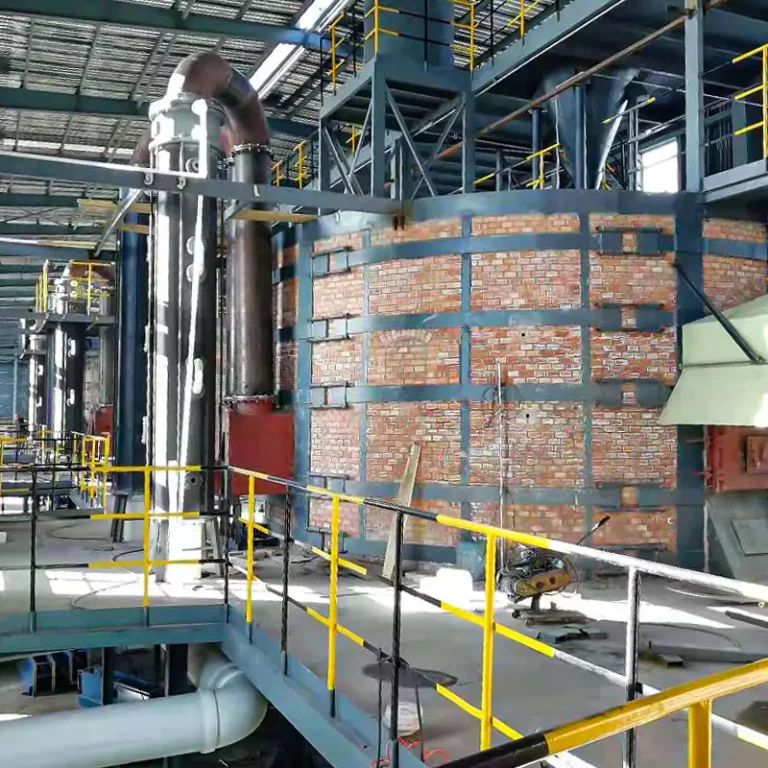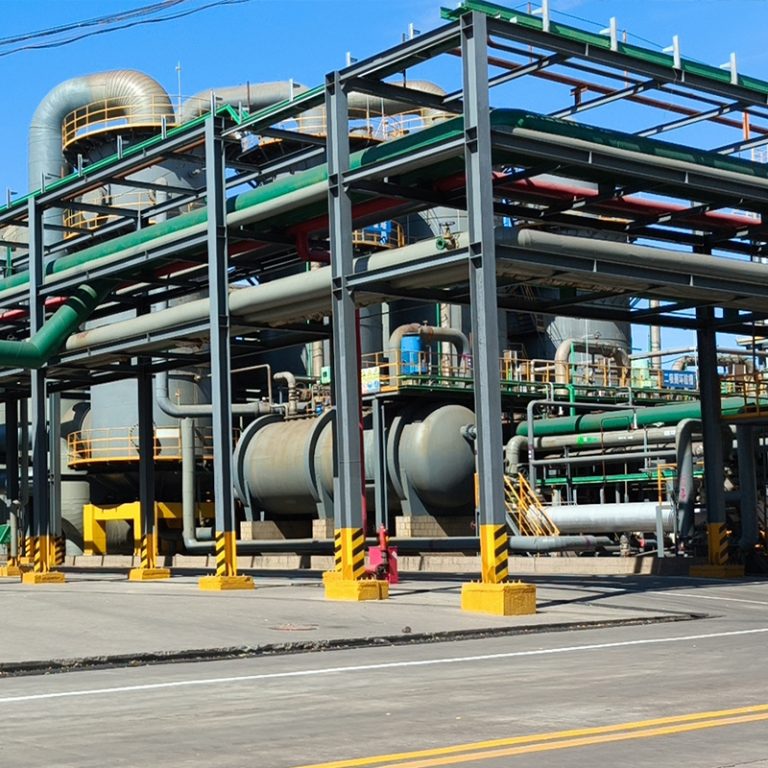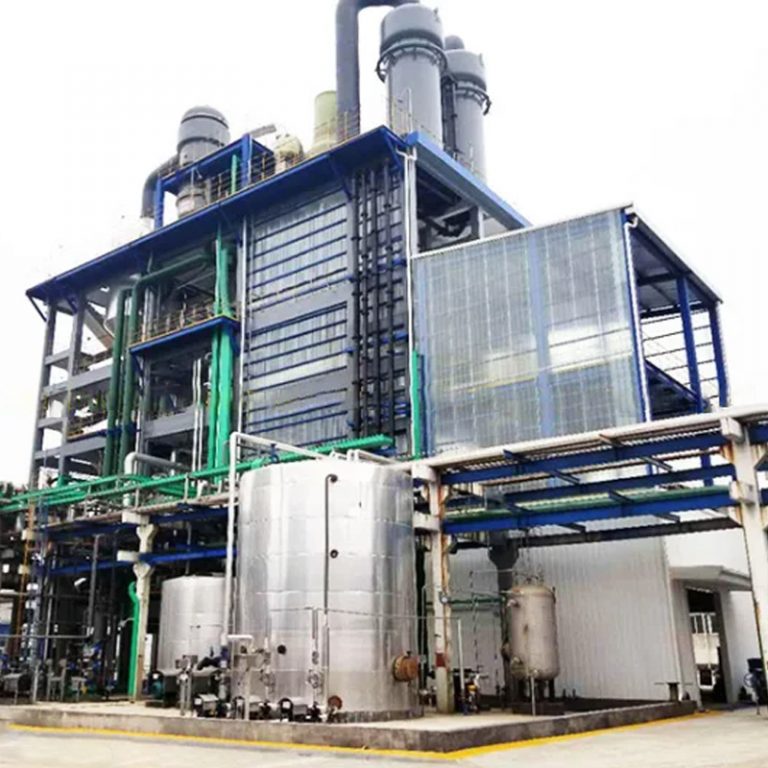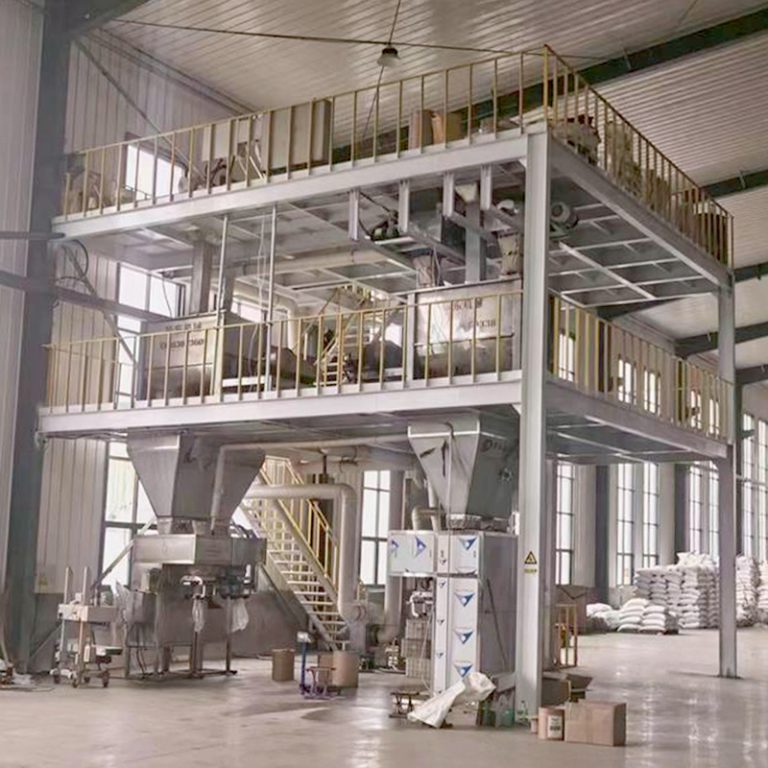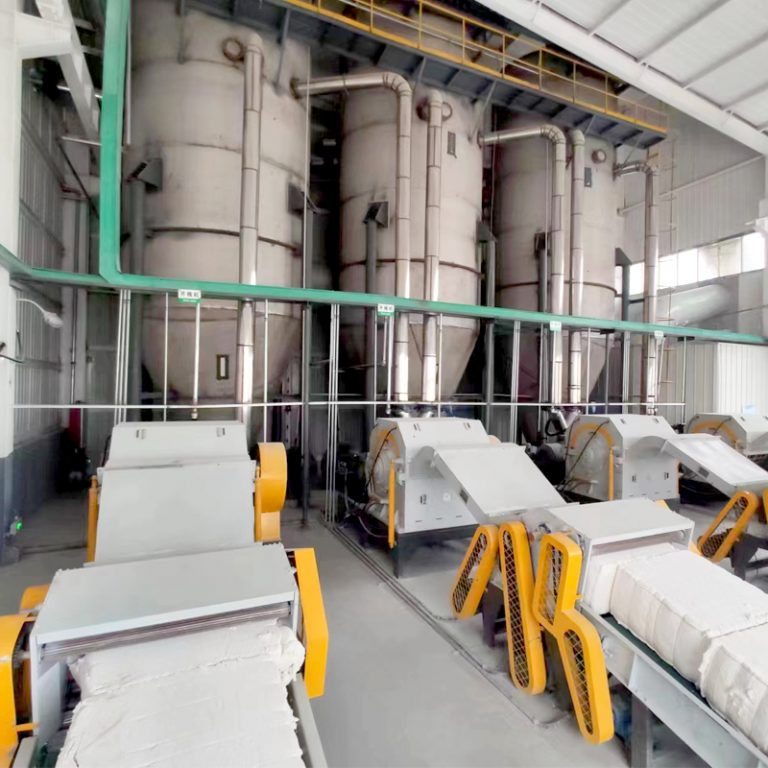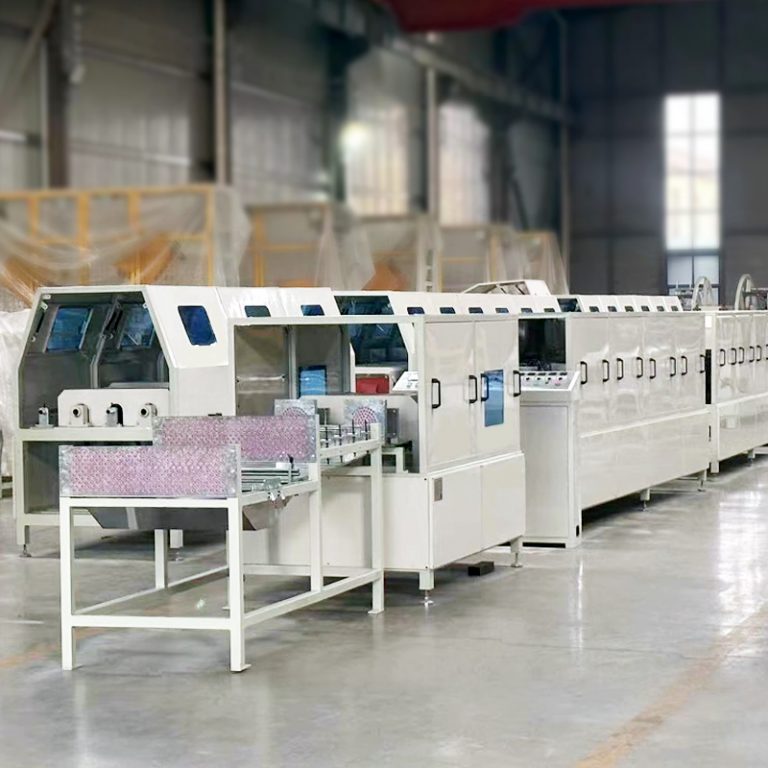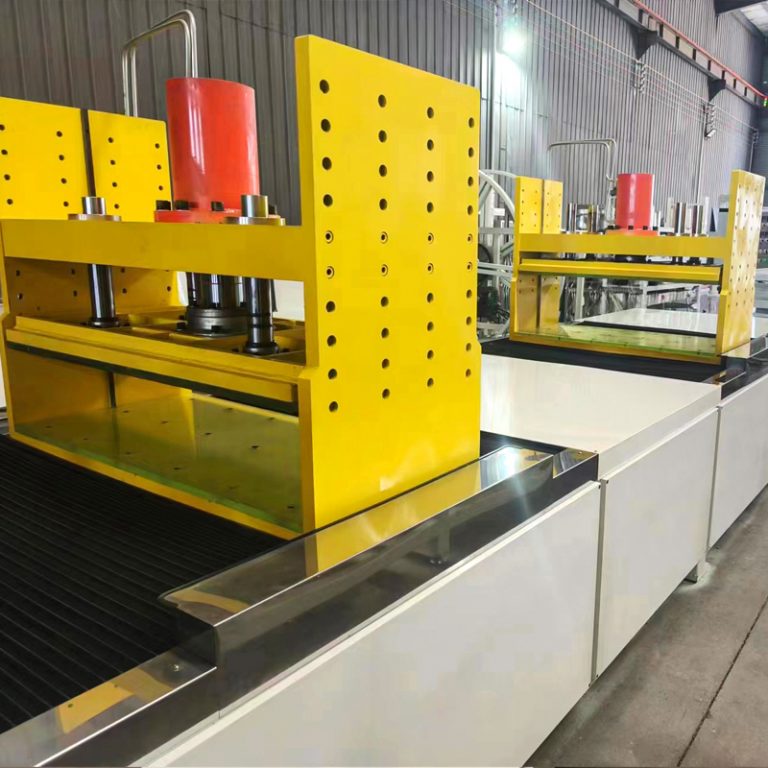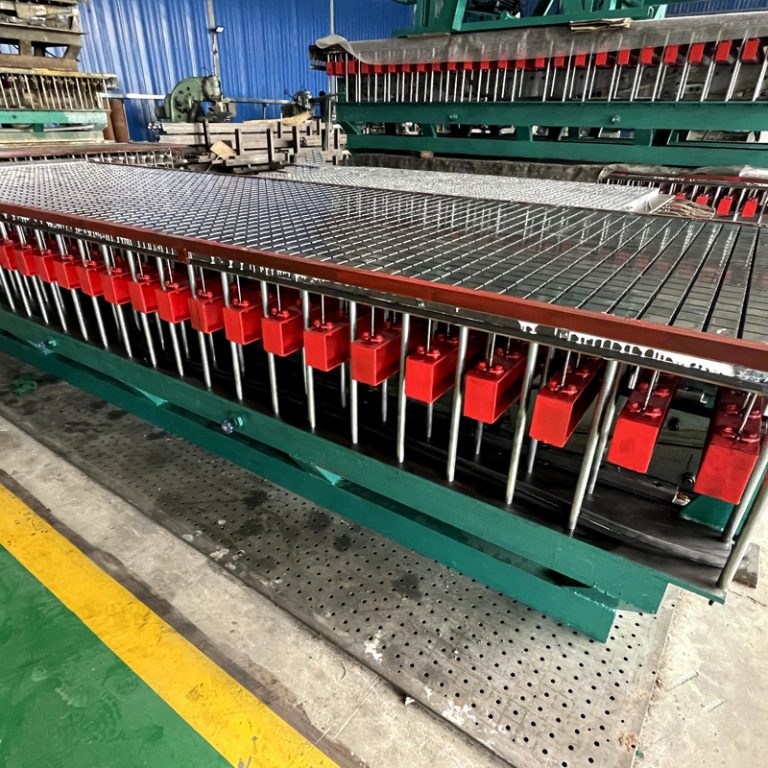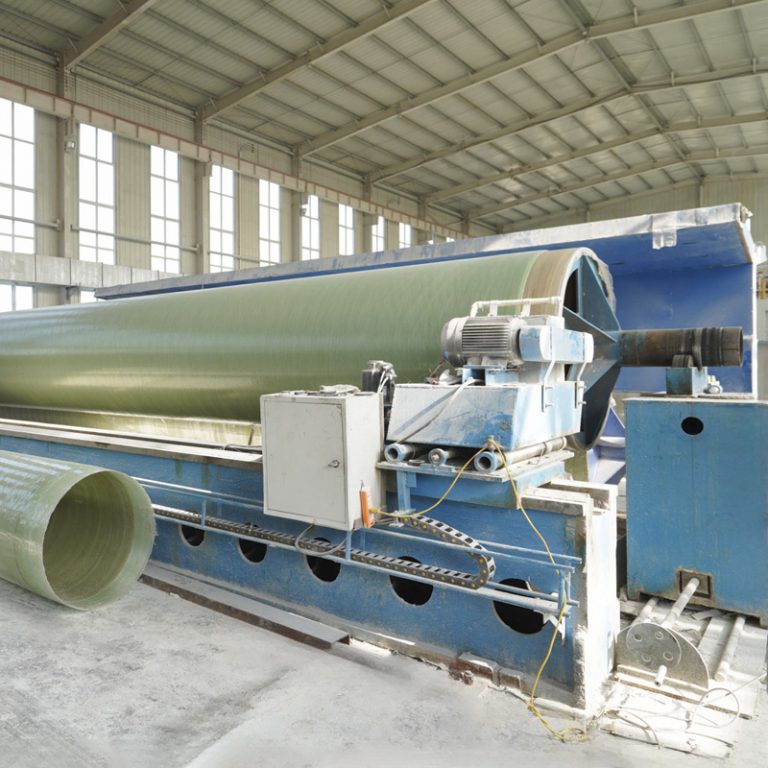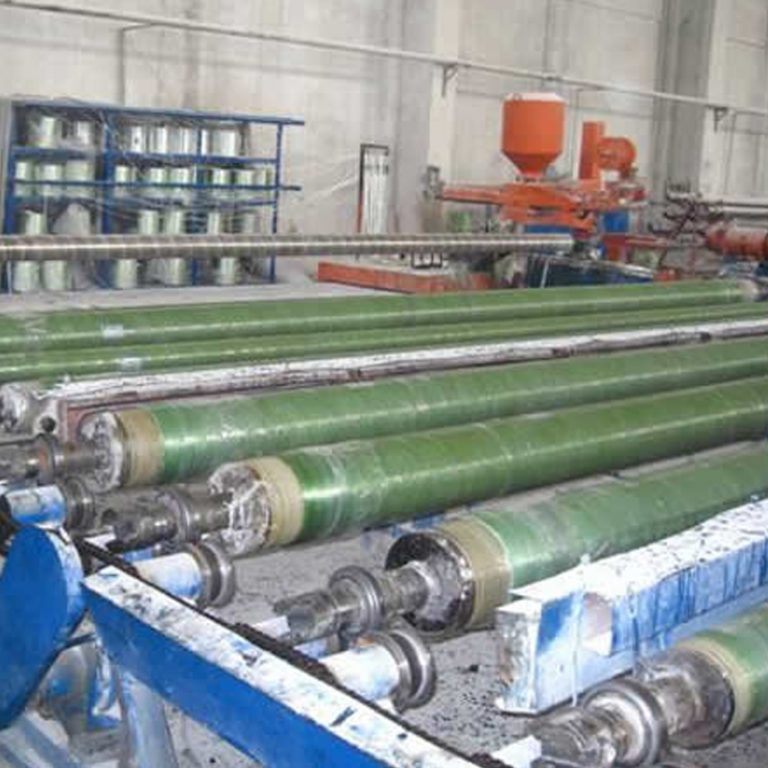Introduction to Potassium/Sodium Sulfate Production
The Importance of Potassium/Sodium Sulfate in Industry
Industrial Potassium and Sodium Sulfate are key building blocks for fertilizers that improve soil quality and crop yield tremendously. Their significance is far beyond agriculture since they also are utilized in glass production, textiles, detergents, and cleaning agents.
Historical Development of Production Techniques
Potassium and sodium sulfate production methods have advanced from centuries ago. These materials were normally received from nature or through simple chemical reactions. However, advances in technology and industrial needs have led to the development of new methods such as the Mannheim process. One of the most noteworthy applications of the Mannheim process is the production of hydrogen chloride and potassium sulfate from potassium chloride (common table salt) and sulfuric acid.
Current Trends in Production Technology
As of now, production technology trends are returning to efficiency and sustainability. With the professional and technical research development and upgrade, we received several patents. Examples of these trends include innovations such as optimized flue designs to maximize energy use and enhanced waste recovery systems.
Key Steps in a Potassium Sulfate Production Line
Raw Material Selection and Preparation
Types of Raw Materials Used
The most significant raw materials used in the production of potassium sulfate include potassium chloride and sulfuric acid. They are chosen because they are reactive and easily accessible.
Initial Processing Methods
Initial processing involves preparing these raw materials to ensure optimal reaction conditions. This may include grinding or dissolving them to achieve the desired particle size or concentration.
Chemical Processing Techniques
Reaction Mechanisms and Equipment Used
The primary reaction mechanism is between potassium chloride (KCl) and sulfuric acid (H2SO4) at elevated temperatures in a muffle furnace. The native materials are charged into the center of a muffle furnace at > 600ºC. The equipment needs to be charged at high temperatures and chemically resistive environment. The used equipment should withhold high temperatures and environments that are very corrosive
Temperature and Pressure Control
Controlling temperature and pressure is vital to ensure complete reactions and high product quality. Advanced control systems are employed to maintain these parameters within optimal ranges.
Purification and Quality Control Measures
Filtration and Crystallization Processes
After chemical processing purification, steps like filtration and crystallization are necessary to remove impurities and achieve desired purity levels.
Quality Assurance Standards
Quality control involves comprehensive testing in compliance with industry benchmarks to ensure that the final product meets the necessary standards for its intended applications.
Applications of Potassium/Sodium Sulfate in Various Industries
Agricultural Sector Utilization
Role in Fertilizers and Soil Enhancement
Potassium sulfate is used as a fertilizer component in agriculture because it contributes to the fertility of soil while increasing less salinity than the other sulfate sources. Water-soluble fertilizer is another quick-action fertilizer that supplies a range of nutrients directly to the plants.
Impact on Crop Yield and Health
By supplying important nutrients like potassium, these fertilizers promote health in plants, improve resistance against diseases, and greatly boost the yields of crops.
Industrial Applications Beyond Agriculture
Use in Glass Manufacturing and Textiles
Beyond agriculture, potassium sulfate finds applications in glass manufacturing where it acts as a fluxing agent to lower melting points. In textiles, it serves as a dye fixative enhancing color fastness.
Integration into Detergents and Cleaning Agents
In detergents, potassium sulfate acts as a bulking agent providing structure without affecting cleaning performance. Its integration into cleaning agents helps improve solubility characteristics making products more effective.
Environmental Considerations in Production Lines
Waste Management Strategies
Recycling and Reuse of By-products
Waste treatment and management are essential to avoiding potential adverse environmental outcomes during Potassium/Sodium Sulfate manufacturing. Recycle Hydrochloric acid (HCl) and environment requirement waste recovery systems This tightens waste management and increases resource efficiency by reusing by-products in the production loop. Not only does this minimize waste but also leads to improved resource efficiency through the reutilization of by-products within the production cycle.
Minimizing Emissions and Effluents
Emissions and effluents have become hotbed topics when it comes to making new production lines with minimum emissions and effluents. Using full energy quickly, graded furnace, energy consumption we have promoted the flue design in the furnace which can graded and completely use energy. The technology contributes to lower air pollutants and helps reduce the production process’s carbon footprint.
Sustainable Practices and Innovations
Energy Efficiency Improvements
Sustainable manufacturing practices are heavily focused on improving energy efficiency. The movement of using PLC automatic control systems for controlling manufacturing processes, controlling feedstock mix ratio, and saving labor process costs is an important milestone in energy efficiency and a central force for the operational details process.
Adoption of Green Technologies
The use of green technologies is necessary to achieve sustainable development. Our switch to gas generators instead of other heating methods is a case in point in our commitment to cleaner production methods that reduce environmental impact, while not compromising on output.
Aoliande’s Role in the Industry
Overview of Aoliande’s Product Offerings
Aoliande is a professional manufacturer of different chemical equipment such as the Mannheim process potassium/sodium sulfate production line, Hydroxy propyl methyl cellulose production line, Calcium chloride production line, Water soluble fertilizer production line, FRP pipe filament winding machine, FRP tank filament winding machine, FRP molded grating machine, FRP pultrusion machine, FRP rebar machine. Our diversified product base serves several industrial requirements around the world.
Commitment to Innovation and Sustainability
At Aoliande, we value innovation and sustainability at every level of our processes. The company adheres to the new equipment, and technology with professional elements, and every process is also improved continuously. It mainly relies on modern technology, exquisite handwork, steady quality, and perfect service. We have successfully obtained certifications for ISO9001, ISO14001, and OHSAS18001 management systems, attesting to our commitment to quality management and environmental management.
For further inquiries about our comprehensive solutions in Potassium/Sodium Sulfate Production Line or other chemical equipment needs, please reach out via WhatsApp: +86-13363884492 or Email: belen@aldfrp.com
FAQ
Q1: What are the main applications of potassium/sodium sulfate in industries?
A: Potassium/sodium sulfate has widespread usage within agriculture since it is of good quality potassium fertilizer that improves the quality and yield of the crop. It has industrial utilization for the production of chemicals like glass, drugs, and dyes and industrial processes such as treatment of metals and treatment of wastewaters.
Q2: How to optimize the production efficiency of potassium sulfate?
A: There are a number of ways to make potassium sulfate production more efficient; mainly through process optimization by improving reaction conditions (e.g., temperature control), utilizing some type of catalyst such as alcohol to increase the yield, and employing something advanced filtration or recycling systems to minimize waste.
Q3: What are the key challenges in potassium/sodium sulfate production?
A: Common challenges are the handling of corrosive byproducts (e.g., waste acid), the minimization of energy-efficient processing of the high-temperature steps, and the provision of environmental compliance in the treatment of the residues such as TiO2 waste
Q4: Are there eco-friendly alternatives for traditional potassium sulfate production methods?
A: Yes, methods like recycling industrial byproducts (e.g., ammonium sulfate from waste) or using low-energy processes (e.g., alcohol-aided crystallization) are being developed to reduce environmental impact
Q5: How does the Mannheim process compare to other potassium sulfate production techniques?
A: The Mannheim process is energy-intensive but yields high-purity potassium sulfate. Alternatives like the salt metathesis method or sulfate conversion from natural minerals (e.g., glaserite) may offer cost or sustainability advantages








